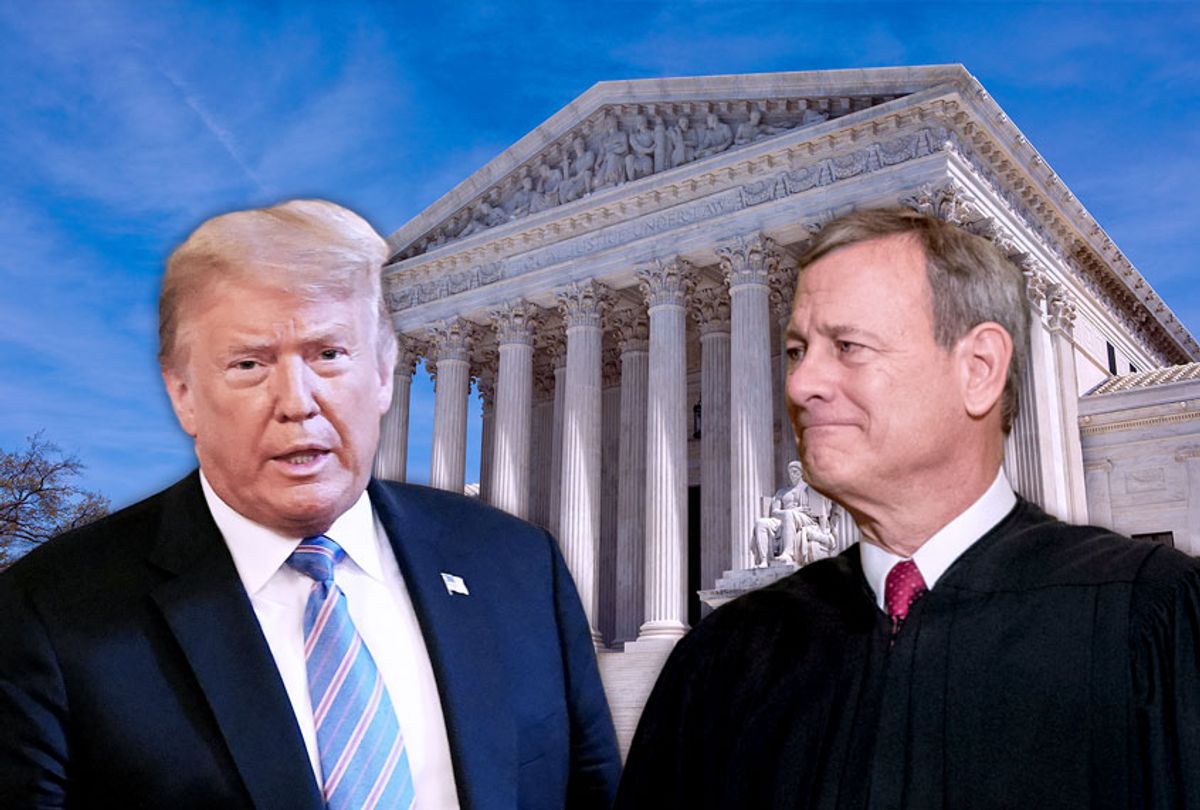At a crucial crossroads for American democracy, the Supreme Court slow walks Trump’s immunity issue
With the Supreme Court granting certiorari to Donald Trump on his immunity claims regarding the January 6th trial in Washington, we have reached a historic moment. The high court will now review the lower court ruling that a former president isn’t immune from prosecution for crimes he committed in office. but not until April. If the court agrees with Trumphim, it could lead America down a dark road.
Yes, broadly exposing the president to lawsuits or prosecutions for the thousands of judgment calls a president makes in the line of duty would cripple the presidency. But no one prosecuting Trump claims presidents should be broadly exposed to liability for their official decisions. Instead, the issue is framed by the Supreme Court’s 1982 decision in Nixon v. Fitzgerald. It held that the president is immune from damages liability “for acts within ‘the outer perimeter’ of his official responsibility.” The court has never extended that limitation to the president’s responsibility for a crime. Moreover, the court has never suggested that a president who commits a crime unconnected to his official duties enjoys any immunity at all.


I don’t understand why the supreme court even agreed to hear this case. If the President is immune from criminal liability while in office, then he is de-facto not subject to the very checks and balances that make up the language of the Constitution.
How can you say the legislative has the authority to impeach and convict the President if the President himself can have them all publicly assassinated before a vote can occur? What happens when the President decides he doesn’t think Congress can override his veto and simply ignores them? What happens when the President decides he wants Rudy Giulianni, Ben Shapiro and the MyPillow Guy to replace all the liberal justices on the bench? Who is going to be able to stop the guy who has immunity from the rules from changing them as they see fit?